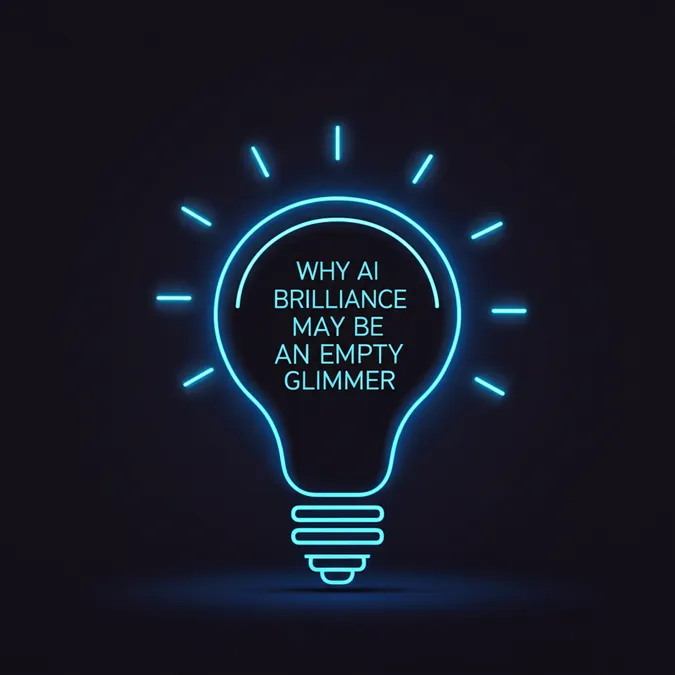Developer Offer
Try ImaginePro API with 50 Free Credits
Build and ship AI-powered visuals with Midjourney, Flux, and more — free credits refresh every month.
Gen Z Is Building a Deeper Bond with AI
A new survey reveals a significant shift in workplace dynamics, with Gen Z employees forming deeper connections with AI chatbots like ChatGPT than with their human colleagues. This relationship is proving to be about more than just productivity; it's about personal connection and emotional support.

The AI Shift in Workplace Communication
A recent poll of 1,000 Gen Z employees by Resume.org highlights how integrated AI has become in their daily work lives. According to the findings, 43% of these employees spend at least 30 minutes each day using an AI chatbot. For some, the usage is even higher, with 13% using it for one to two hours and 11% for more than two hours.
This increased interaction has led to a surprising outcome: 22% of respondents now engage more with ChatGPT than with their human coworkers, while 37% say their interaction levels are about equal. This suggests AI is becoming a primary conversational partner for a growing segment of the young workforce.
More Than a Tool An AI Confidant
The connection goes beyond simple task completion. A staggering 45% of Gen Z employees feel that an AI chatbot knows them better than their own boss, and 25% believe it knows them better than their colleagues. This sense of being understood extends outside the office, with some feeling AI knows them better than their friends (13%) or family (11%).
While most see ChatGPT as a "tool," a notable portion of users view it as a friend (13%) or even a therapist or coach (9%). This is reinforced by the finding that 34% of employees have told AI chatbots things they have never revealed to another person, with many frequently discussing personal topics like mental health and relationships.
The Dual Role of AI Productivity and Personal Use
The primary driver for AI adoption remains its impact on efficiency. A significant 77% of Gen Z workers agree that AI makes them more productive. However, the deep connection develops because its use isn't limited to work. The survey report indicates that 42% use AI for non-work-related discussions.
Other common non-work uses include:
- Entertainment (38%)
- Talking through work frustrations (33%)
- A way to appear productive (15%)
An Expert's View on The AI-Human Balance
Kara Dennison, Head of Career Advising at Resume.org, suggests this trend is about more than just technology. "This generation entered the workforce during a digital-first era where feedback loops are instant and tools like ChatGPT feel like a judgement-free zone," she stated. "They're using AI the way earlier generations used coffee breaks or hallway chats: to decompress, problem-solve, or feel understood."
Dennison notes that AI can create a "sense of psychological safety that's often missing in corporate hierarchies." However, she also cautions against an over-reliance on this technology for emotional support. "While it's encouraging that AI can provide accessible support and boost confidence, it's also concerning if it replaces genuine human connection," Dennison warned. This could leave young professionals without the interpersonal resilience and emotional intelligence needed for long-term career growth.
Compare Plans & Pricing
Find the plan that matches your workload and unlock full access to ImaginePro.
| Plan | Price | Highlights |
|---|---|---|
| Standard | $8 / month |
|
| Premium | $20 / month |
|
Need custom terms? Talk to us to tailor credits, rate limits, or deployment options.
View All Pricing Details

